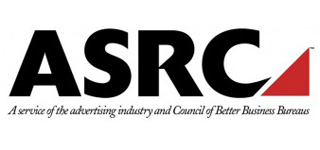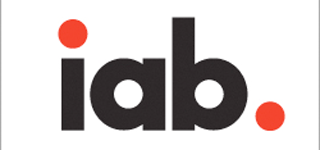
Viral Marketing
The marketing angle behind viral videos.
There's lots of strings attached to offers of free products and services.

Who doesn’t like something for free? Seriously, what could be better than getting something you want without having to fork over a penny? Well, savvy businesses know this too and have developed numerous marketing techniques to lure you into paying for their “free” goods and services. Below are two common examples you are likely to encounter.
The “risk-free” trial
The risk-free trial is a sales gimmick, pure and simple. Why? Because sneaky businesses figure out how to get your credit card number before you sign-up (either by charging a small shipping + handling fee, or making it a condition of the offer), and will charge you an arm and leg after the trial is over unless you cancel before the trial is up. And to make matters worse, they make it near impossible to cancel by hiding important terms and conditions in miniscule print or by using pre-checked boxes as the default setting.
A good example is FWM Labs, which has devoted much time and energy over the course of the past several years selling us on a variety of products through the use of A trial that’s not frees. Only it turns out the free trials aren’t so free. CBS News reported on at least one instance where the free trial offer cost the customer over $250!
The strings attached offer
With the risk-free trial, the consumer is tricked into forking over money after the fact. But with the strings attached offer, the consumer is duped into paying in order to get the free product or service. Example? You’re given an offer for free CDs, magazines, or books. All you have to do is sign-up for a year-long subscription or a club membership that ends up costing a bundle until and unless you cancel.
Here are some tips to avoid these troublesome traps:
The marketing angle behind viral videos.
The Advertising Self-Regulatory Council (ASRC) (formerly known as the National Advertising Review Council) is a self-regulatory agency that was formed in 1971 by the American Advertising Federation, the American Association…
The Interactive Advertising Bureau (IAB) is an organization of online advertising businesses. Since its inception in 1996, the IAB has developed guidelines, standards, and best practices for the online advertising…

